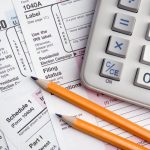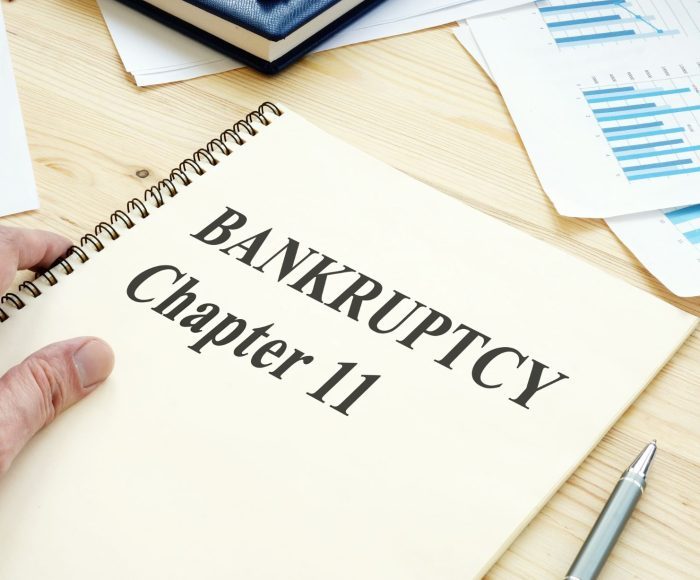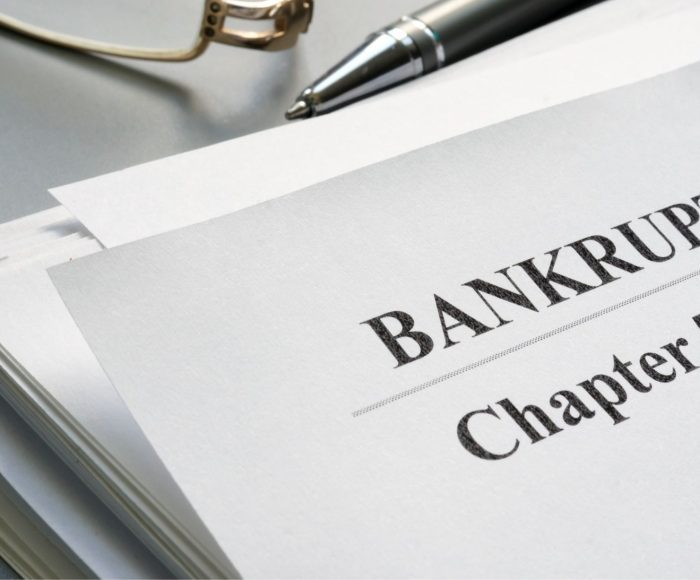Filing for bankruptcy is a complicated process. Although it may feel like a straightforward solution to your financial problems, there are several factors that you must consider when choosing which path to take.
Understanding the basics of your bankruptcy options is the first step toward making informed decisions about your financial future. Contrary to what some people believe, there are several paths that you can choose when going through the bankruptcy process. Our team at Coggins Law is committed to providing educational and legal services to those considering filing for bankruptcy.
Chapter 7 Bankruptcy
Chapter 7 bankruptcy is the process that many people think of when they consider bankruptcy. This format is also called “straight” or “liquidation” bankruptcy. This is because you will be relieved of your debt to creditors, but your creditors will receive payment through the sale of some of your assets. Items like your car, home, and high-value items may be sold to settle your debts with creditors.
It is important to understand that you will not automatically lose your home or become ineligible to ever purchase a home in the future when you file for Chapter 7 bankruptcy. For many people, the benefits that a Chapter 7 bankruptcy filing can provide outweigh the drawbacks.
Chapter 13 Bankruptcy
The two major options for bankruptcy filings are Chapter 7 and Chapter 13. Chapter 13 bankruptcy involves developing a payment plan for your debt. During this process, your attorney can negotiate with creditors to develop a system of repayment that works for your financial situation. This may also involve minimizing the amount that you owe to make repayment more possible.
Chapter 13 is not an instantaneous solution like Chapter 7 is. However, it is important to be aware of all your options when filing for bankruptcy of any kind.
Benefits of Chapter 7 Bankruptcy
There are distinct advantages to filing for Chapter 7 bankruptcy over Chapter 13. Benefits include:
- Debt Elimination: Chapter 7 resolves your debt right away, providing a fast solution for those who have tried all other options.
- No Harassment: One of the worst parts of facing significant debt is the constant harassment from creditors and collection agencies. When you file for Chapter 7 bankruptcy, these creditors will stop calling.
- Mortgage and Car Loan Options: Although foreclosure is a possibility, Chapter 7 bankruptcy can also give you additional time to make your mortgage payments. This can allow you to keep your home. Similarly, you may be able to create a car loan repayment plan that allows you to keep your car and make manageable payments.
- Rebuilding Credit: Although it may be difficult at first, Chapter 7 bankruptcy allows you to start over with your credit score. Building credit from the ground up may make it possible for you to own a home. It can also allow you to have favorable credit card options in the future.
- Tax Options: Your attorney can work with the IRS to develop a solution for your tax debt. Some of this debt may be eliminated, giving you relief from overdue taxes, liens, or levies.
Chapter 7 is not a magic spell that fixes all your financial problems. However, it does have distinct benefits that are worth considering.
Chapter 7 Bankruptcy Attorney
When you file for bankruptcy, it may seem counterintuitive to invest money in legal services. However, it is important that you do so. When you have an attorney during your Chapter 7 bankruptcy case, we can work to develop better solutions for your debt problems. In some scenarios, we can negotiate lower costs and better terms for your repayment plans. We may even be able to eliminate the debt altogether.
Do not attempt to file for Chapter 7 bankruptcy without legal help.
FAQs
Q: How Much Debt Do You Need to Have to File for Bankruptcy in California?
A: There is no minimum amount of debt required to file for bankruptcy. The type of debt that you have is more important than its amount. Unsecured debts such as credit cards and medical bills will likely be eliminated during Chapter 7 bankruptcy. Secured debts such as house and car payments will likely remain in your possession with a new, easier repayment plan in place.
Q: How Long Does Bankruptcy Last in California?
A: Your bankruptcy filing will remain on your credit report for seven years. During this time, it may be more difficult to build your credit. However, after the seven-year period, creditors will no longer see that you filed for bankruptcy. This may increase your ability to get a loan, a good credit card, etc. It is possible to rebuild your credit and fully “recover” from bankruptcy.
Q: What Can You Keep in Bankruptcy in California?
A: In many situations, you may keep your home and car when you file for Chapter 7 bankruptcy. This is because those items are considered secured debts. You may even be able to negotiate lower payments or a longer repayment period if you file for bankruptcy. Credit card debt, medical bills, and certain loans are considered unsecured debt. These debts will be eliminated through a Chapter 7 filing.
Q: How Much Does a Bankruptcy Lawyer Cost in California?
A: All attorneys charge differently for their legal services, so it is difficult to say how much your attorney may cost. Generally, bankruptcy attorneys’ fees range between $1,200 and $1,850 in California. However, many attorneys charge an hourly rate. To be prepared for the cost, speak with each potential attorney about their fees and payment structure. This way, you can be sure that you can afford legal support for the duration of your claim.
Contact Coggins Law
Our team at Coggins Law has extensive experience in tax and business law. For nearly 20 years, We have provided California residents with reliable legal services for their tax and financial issues. We have helped countless families with their Chapter 7 bankruptcy filings. Our firm can provide legal support for you and your family during this time.
To learn more, or to schedule a consultation, please contact Coggins Law.





